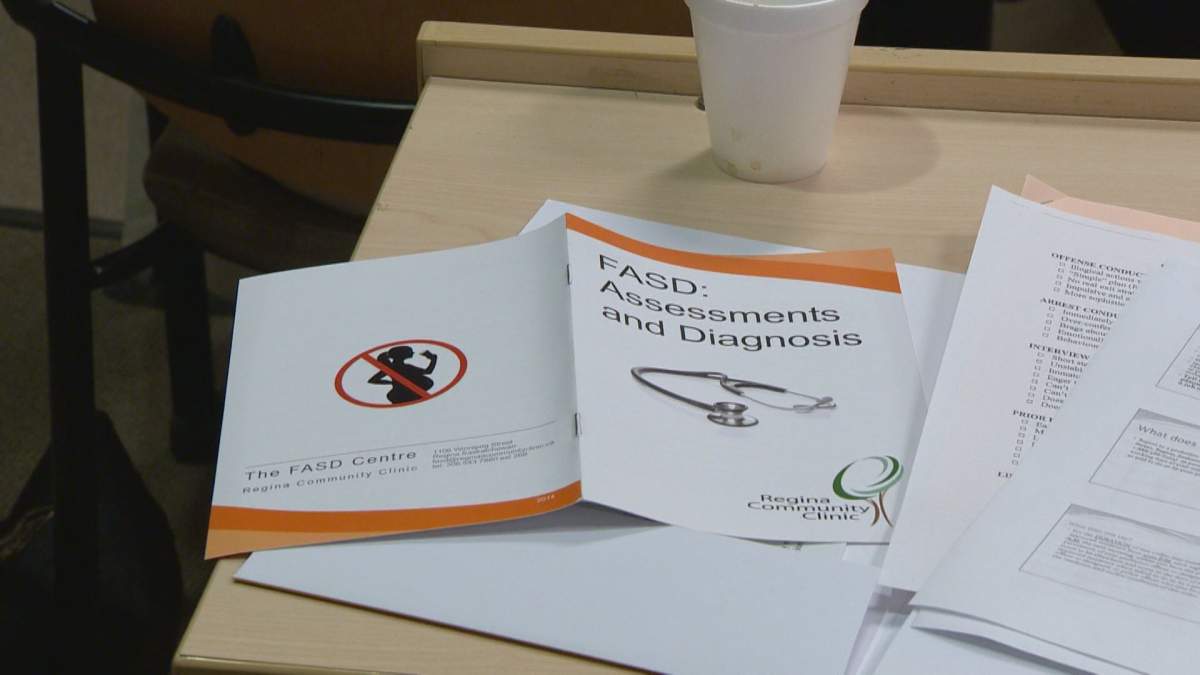Saskatchewan, like other provinces, does not collect specific data on how many people have fetal alcohol spectrum disorder (FASD).

The Canada FASD Research Network (CanFASD) is launching the first national database, and first globally, on the disorder.
The database will gather information from 25 diagnostic clinics across the country. This information will then be used to lobby governments in the development of healthcare policy.
“This way we can look at many people across Canada and say that this is a condition that affects these areas of brain development and may also affect things like physical impairments like cleft palates or other kinds of health issues,” CanFASD executive director Audrey McFarlane said.
“We think we know about these things right now because of anecdotal information and things that caregivers tell their physicians, but we haven’t been able to collect that information over time to really show whether those are regional differences or whether it’s national.”

Get weekly health news
Once the information is gathered, McFarlane said it will be able to help physicians see FASD as a whole body disorder instead of just specific brain dysfunction.
Saskatchewan’s Ministry of Health says it is looking forward to being able to use data gathered by the CanFASD database.
The FASD Network of Saskatchewan delivers a number of programs to help families affected by the disorder. This year they are receiving an additional $78,000 in provincial funding. Their face-to-face family program will also soon be offered in Regina as well as Saskatoon.
McFarlane said that data will likely be publicly updated every six months so it can start to be revealed exactly how many people have certain mental health issues, physical ailments and if they were exposed to other substances like tobacco and marijuana before birth.




Comments